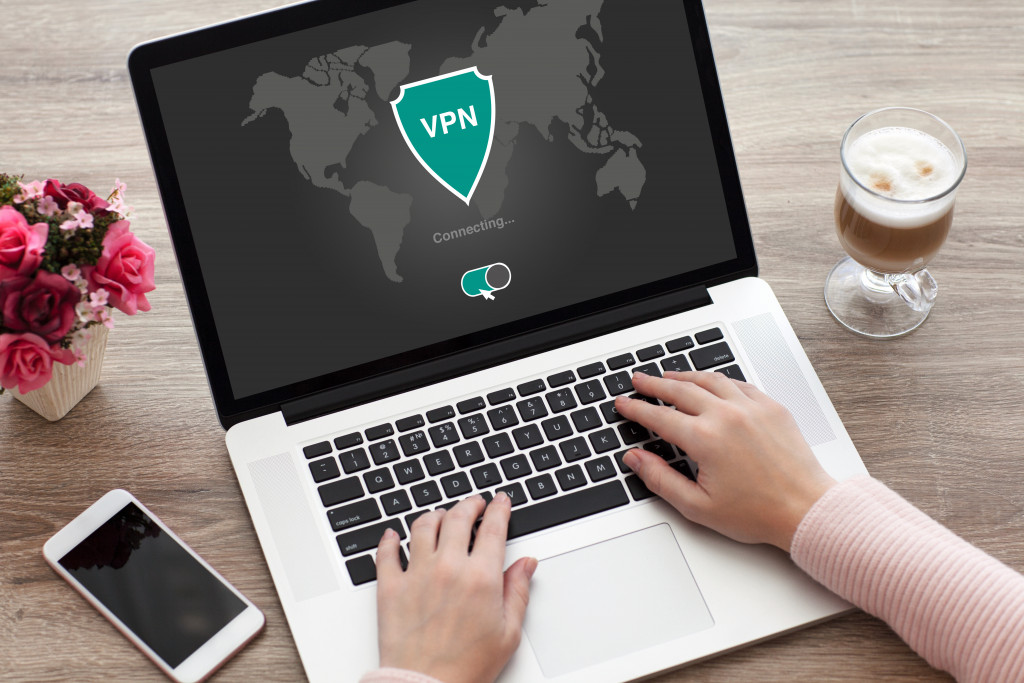Data is one of the most valuable resources in the world today. Every one of us produces data, whether we realize it or not. Corporations can use our data to learn about our likes and dislikes, preferences, and even our deepest secrets. We need to be careful about who has access to our data and how they use it.
When it comes to our data, we can’t be too careful. We shouldn’t just trust anybody or any company with our data without knowing their reasons for using it.
There are many reasons why we should be careful with our data. For one, companies often sell our data to other companies. They may do this without our knowledge or consent, and we may not even know that our data is in the hands of even more people. These can lead to several problems, such as identity theft or fraud.
We can all prevent those from happening if we make an effort to protect our data and take data privacy seriously. Here are some ways you can keep your data private and secure:

Password Managers
Password managers are a great way to protect your data and maintain your online privacy. They allow you to store all of your passwords in one place, and they make it easy to log in to websites without having to remember your passwords.
Password managers also provide many security features, such as two-factor authentication and encryption.
Two-factor authentication is a security feature that requires two forms of identification to log in to a website or account. It can be a password and a code combination sent to your phone or a password and a fingerprint scan.
Two-factor authentication provides an extra layer of security and makes it harder for someone to hack into your password manager account.
Encryption is a technique that scrambles data so that no one can’t read it without the correct encryption key. Encryption protects your data from being stolen or accessed by unauthorized people.
Together, two-factor authentication and encryption make it difficult for anyone to access your data without your permission. That means that your passwords are safe and secure, even if someone gets to access your accounts.
VPNs
A Virtual Private Network (VPN) is a great way to protect your data when you’re online. VPNs create a secure connection between your computer and the VPN server, making it difficult for anyone to spy on your traffic or steal your data.
There are many VPN providers to choose from, and it can be challenging to decide which one is right for you. You’ll need to research each one to see which provider offers the best features and the best price.
It’s crucial to find a VPN provider with robust security features, such as encryption and two-factor authentication. You’ll also want a provider with an extensive network of servers to find a server that best suits your needs, and your internet speed doesn’t get bogged down.
Price is another essential factor to consider when choosing a VPN provider. You don’t want to pay too much for a VPN, but you also don’t want to skimp on security features.
Be sure to take your time and do your research before choosing a VPN provider. It’s crucial to find one capable of protecting your data and keeping you safe online. But if you think that you cannot trust even VPN providers and want to take your data security to the next level, consider setting up a custom VPN. Many IT service providers can either build one for you or teach you how to make your own and what you need to do.
Secure Browsing
Secure browsers are another great way to protect your data and maintain your privacy online. Secure browsers have built-in security features that make it difficult for anyone to spy on your traffic or steal your data.
Secure browsers also provide many privacy features, such as tracking protection and anti-fingerprinting. Tracking protection prevents websites from tracking your browsing activity and collecting your data. Anti-fingerprinting protects you from websites that use fingerprinting techniques to track you across different websites.
Secure browsers are a great way to keep your data private and safe, and they are beneficial for people who use public Wi-Fi networks. Be sure to choose a secure browser with the features you need, such as tracking protection and anti-fingerprinting.
Secure browsers also protect your data from malware and other online threats. So if you’re looking for a secure browsing experience, consider using a secure browser.
Conclusion
There are many other ways to protect your data online, but these are some of the most effective methods. It’s vital to be proactive about data privacy and security, and taking these simple steps can help keep you safe on the internet.


















